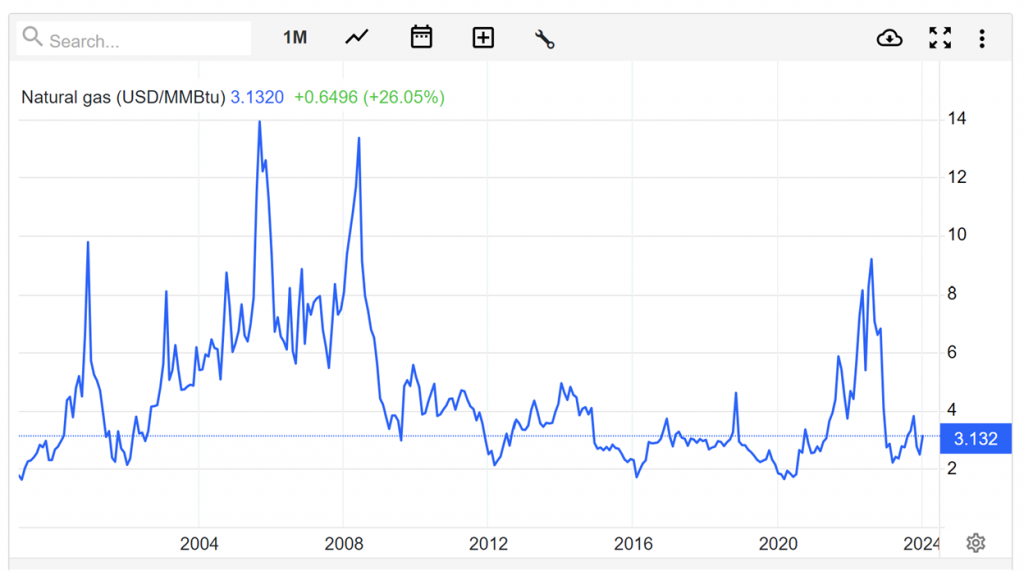Which Comes First? Affordability or Climate Change
By Buck Fuller
At the installation of the new City Council, the Mayor defined the two major themes of his coming two-year tenure: affordable housing and climate change. We write a two-part response, first addressing affordable housing. The second part is closely related. It addresses climate change.
Is one more important than the other? Does one take precedence over the other? Or are they entwined in critical ways that our City management and leaders need to consider?
Climate Change
The oft-repeated promise of Community Power has been that it will provide cheaper power that will be “green.” Green power is supposed to have a minimal carbon “footprint” and use sources of power that are preferably renewable.
Green is Expensive!
The difficulty here is that renewable power tends to be expensive. The average cost difference between a so-called green power package and a standard power package offered by Community Power or even publicly available power programs is about 40%. As much as green power might seem to be attractive, it would seem to be available to only the upper quintile income groups within Rockingham County and Portsmouth.
Promoting climate-sensitive power sources for use by Portsmouth residents very quickly becomes an economic choice of what residents can afford, especially given rising taxes, higher inflation and volatile energy bills. Perhaps we’d all like green energy, but in reality, it seems to be a luxury many cannot afford.
What Can Be Promoted?
If we drill down on the make-up of our New England-wide power supply, we can see that natural gas provides a majority (55%) of the power consumed. The next largest contributor is nuclear power at 22.6%. Solar is less than 4% and wind is 3%. This is shown in the table below.

Source: New England Power Grid
For New Hampshire and for Portsmouth specifically, the make-up of our local power market has a much higher percentage of nuclear power and less natural gas than the broader-based New England power market has. The attraction of nuclear power is its low cost of about 2.5 cents per kilowatt hour. Natural gas pricing may be cheap today, but it can be volatile, as you can see below.

Source: https://tradingeconomics.com/commodity/natural-gas
Nuclear Power
The Seacoast region of New Hampshire is truly blessed to have easy and direct access to power from the Seabrook nuclear generating station. Nuclear power provides almost 60% of our local power needs. It has filled in our supply as other sources, notably coal, have been eliminated.
By comparison, the renewable portion of our supply, hydropower, biomass, wind and solar, have remained under 20% of our supply. Wind and solar, the current darlings of the renewable sources, have remained under 5%. The chances of these growing to provide a substantial amount of our power remain remote. They would do so only as very expensive alternatives.
Nuclear energy has many advantages, including having zero carbon emissions. Seabrook contributes significant economic benefit to the Seacoast region by providing well-paying jobs and a ripple effect of strong economic stimulus. Read this link for further economic analysis of Seabrook’s regional economic impact.
Economic Impact of NextEra Energy’s Seabrook Station
Just think of contractors, professionals, cleaning crews, engineering firms all gaining significant employment contracts to keep Seabrook running smoothly. Some of these employees might even live in Portsmouth!
Government’s Responsible Choice: A Two-Fer
It seems like a no-brainer that Portsmouth’s Climate Action Plan and Community Power strategy should embrace Seabrook as a central part of ensuring we homeowners have safe, reliable, clean and inexpensive energy sources for our power needs. While natural gas should be seen as an essential fuel today and as a key “bridge fuel” to tomorrow, Seabrook’s nuclear power should be endorsed for today, tomorrow and long into our future.
The local and regional politicians must make certain that Seabrook’s licenses are extended well beyond their current 2040 expiration date and that Seabrook II is finally built.
Affordable Housing and Climate Change
Doing so would help make housing affordable for all of Portsmouth’s taxpayers and citizens. Such a strategy also helps respond to any concerns about our region’s future climate changes by reducing carbon creation as a pressing concern.
Thus, natural gas and especially nuclear power become logical and attractive solutions whether you are in the bottom quintile or top quintile of the region’s income earners.











